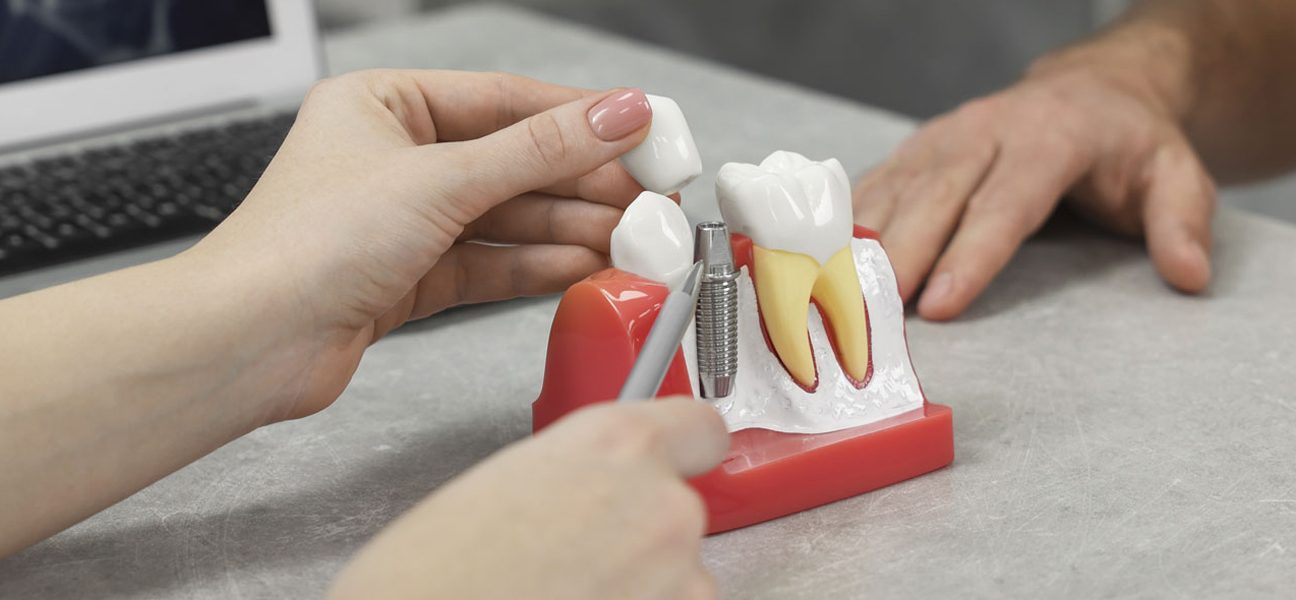Key Factors for Dental Implant Success in Seniors with Bone Loss
Tooth loss accompanied by bone deterioration can present unique challenges in later life. However, advancements in dentistry now offer effective dental implant solutions, even in cases of reduced bone volume. With judicial planning and professional guidance, seniors can regain both function and confidence. This article finds out the essential factors that contribute to successful implant outcomes in the presence of bone loss.
Understanding the Impact of Bone Loss in Seniors
Bone loss often follows tooth loss. When a tooth falls out or gets pulled, the jawbone around that area starts to shrink. This may happen because the bone no longer gets stimulation from chewing.
In seniors, bone loss may also result from:
- Gum disease
- Aging
- Dentures that no longer fit well
- Osteoporosis
If you wait too long after losing teeth, the jawbone may not hold an implant without extra support. That’s why timing and evaluation matter.
Early assessment from a dentist in Vancouver helps catch bone loss before it worsens. Even if some bone has already faded, treatment options can rebuild it.
Advanced Imaging and Diagnostic Tools for Implant Planning
Technology plays a huge role in implant success. Before placing implants, dentists rely on 3D imaging and digital scans to look deep beneath the surface. These tools help map out:
- Bone thickness
- Nerve placement
- Sinus location
- Ideal implant angles
This planning stage guides safe placement and avoids surprises during surgery.
Reach out to a dentist near you who may use cone beam CT scans—a low-radiation, high-detail method that creates a 3D model of your mouth. These latest visuals support precise planning, especially in cases where bone volume is low or uneven.
The better the planning, the higher the chance for long-term success.
Bone Grafting and Regenerative Options
Bone grafting can rebuild areas where bone has shrunk. It’s a straightforward process: a dental professional adds new bone material to weak spots in the jaw. Over time, your body turns this material into a strong, living bone.
Common types of bone grafts include:
- Socket grafts: Done right after a tooth is removed
- Ridge preservation grafts: Maintain the shape of the jaw
- Sinus lifts: Add bone below the sinuses in the upper jaw
Healing from grafting takes a few months. But once complete, your mouth is strong enough to support an implant. These procedures may sound complex, but many seniors with bone loss find they’re easier than expected.
For dental implant for seniors, grafting may be the bridge between “no” and “yes.”
Implant Alternatives for Low Bone Volume
In some cases, grafting may not be needed. Today’s implant world offers smart options for seniors with limited bones.
These include:
- Mini implants: Smaller in size, require less bone
- Zygomatic implants: Anchored in the cheekbone instead of the jawbone
- Angled implants: Tilted to use available bone
Each type has its benefits. For example, mini implants offer a quicker healing period and lower surgical impact. Some seniors prefer these when they want a less invasive path.
Even when bone loss seems like a major barrier, seniors still have access to effective solutions. These innovative approaches make dental implant in Vancouver a viable and successful option.
Managing Health Conditions and Medications
Seniors often manage more than just dental concerns. Health issues like diabetes, heart disease, or osteoporosis can affect healing. Certain medications may also interfere with bone growth or immune response.
That’s why a full medical history matters. Your dental team will:
- Review current prescriptions
- Discuss recent surgeries or hospital stays
- Coordinate with your doctor if needed
Being open about your health helps your dental team adjust the plan. For example, they may recommend healing time after bone grafting or suggest a shorter surgery with fewer implants.
Personalized care makes a big difference. Whether you’re taking blood thinners or managing arthritis, a skilled team will work around your needs.
Long-Term Care and Maintenance for Implant Success
Getting an implant is one step. Keeping it healthy is the real win.
Success depends on how well you care for your implant. Unlike dentures, implants are properly fixed in place and require the same attention as natural teeth.
Here’s how seniors can protect their implants:
- Brush with a soft toothbrush twice daily
- Use a water flosser or floss threader
- Get regular cleanings and exams
- Avoid smoking
- Address dry mouth with dentist-approved rinses
Good habits keep gum tissue healthy and prevent problems like infection or implant failure. Remember—implants don’t get cavities, but gums still need care.
Our team offers cleaning tips and support for seniors who need a little help staying on track.
Final Thoughts
Regaining a strong, stable smile is possible—bone loss doesn’t have to stop you. Implants can restore your comfort and confidence for years to come. Ready to explore your options? Schedule a consultation with My Dentist Vancouver today and take the very first step toward lasting dental health with a team that truly understands your needs.
